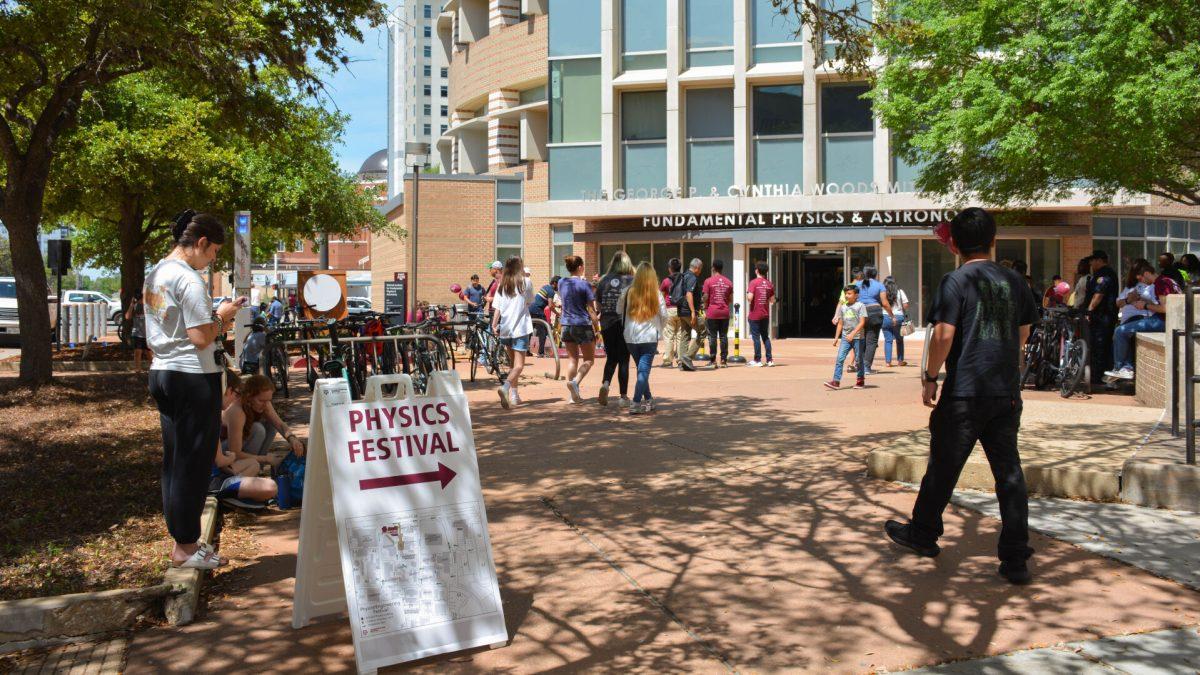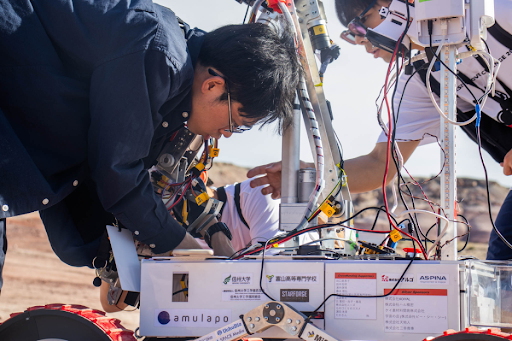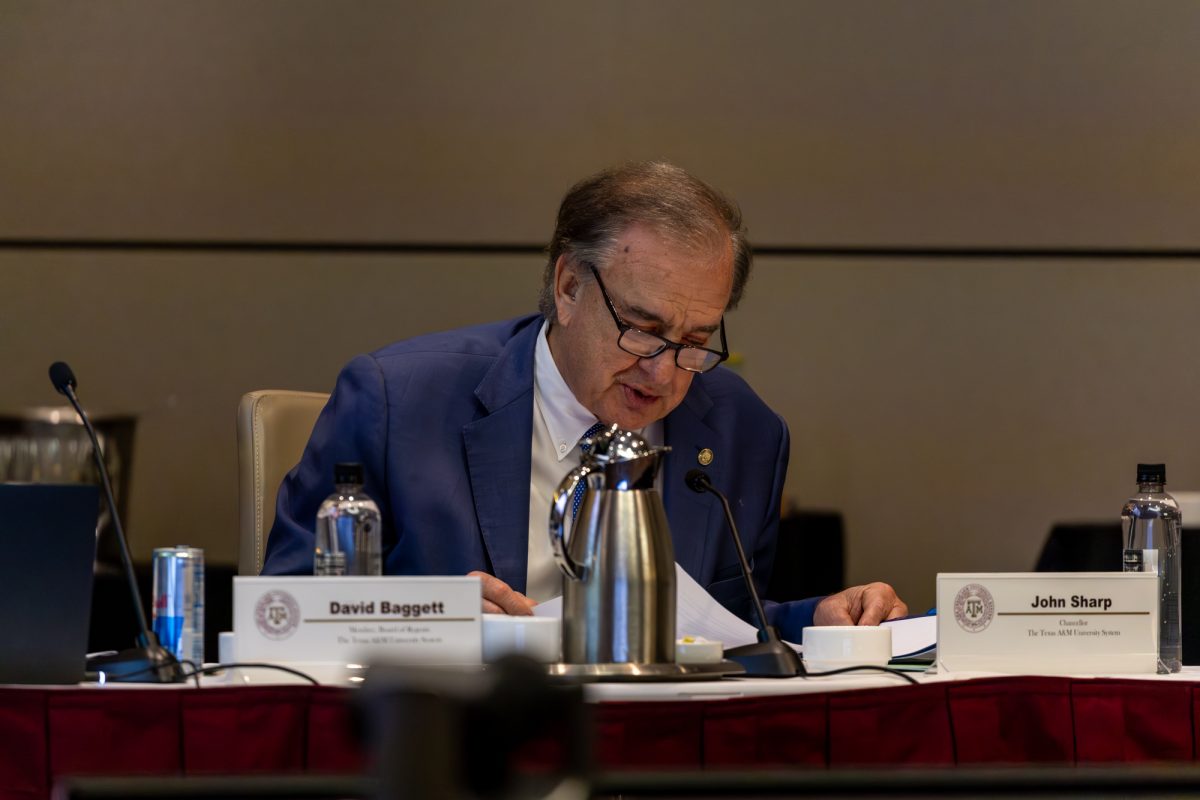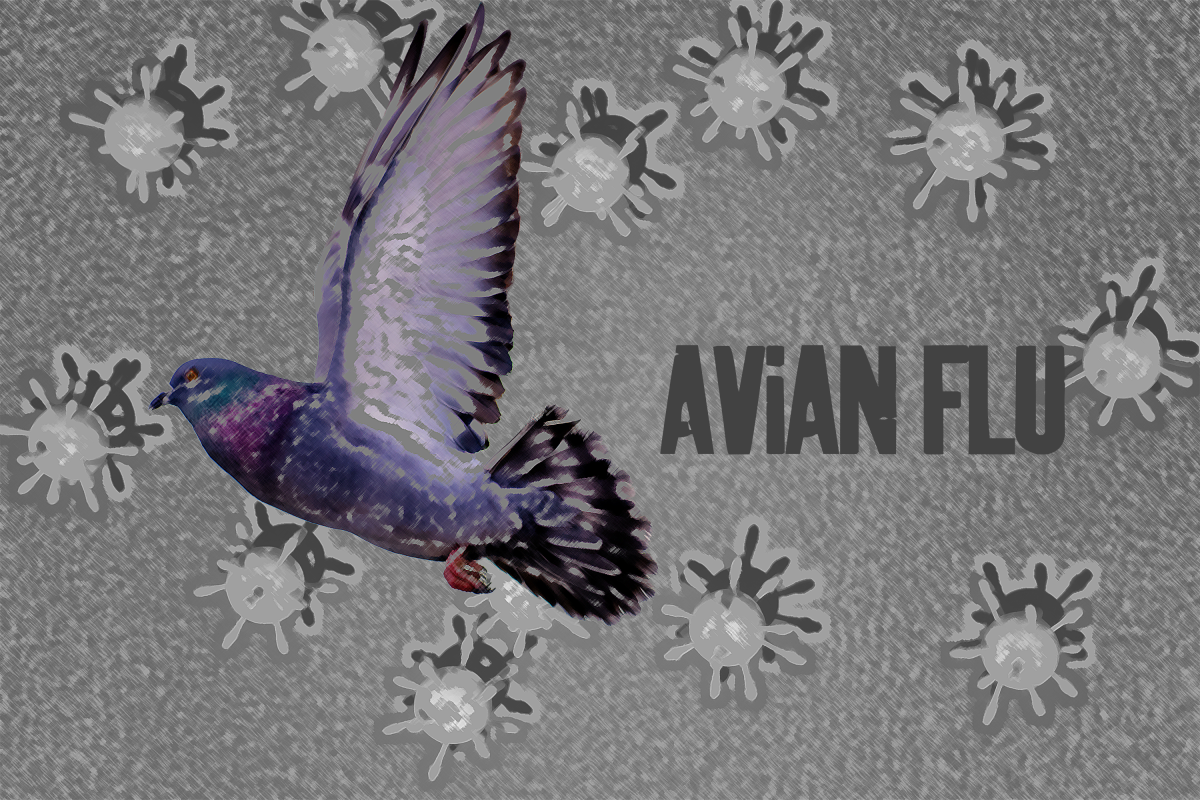Teams formed by a research grant with A&M and some in-state rivals will soon begin training.
Texas A&M, the University of Texas and Rice University won a three-year, $3.75 million grant from the National Science Foundation to form an “Innovation Corps” node for the Southwestern United States. Student-professor training begins in late October to discuss bringing academic research into commercial industry — a move that has garnered the interest of other southern universities such as Texas Tech and LSU.
The grant, which is part of the NSF’s Innovation Corps, or I-Corps, was awarded in August to establish the South western Alliance for Entrepreneurial Innovation Node, SAEIN.
Brad Burke, managing director of the Rice Alliance for Technology and Entrepreneurship, said the NSF I-Corps program has two goals — commercialize research and foster engineering and scientific start-ups.
“We hope that this will help foster an entrepreneurial culture across the universities in Texas so that researchers, as they’re undertaking their research and their discoveries and their innovations, they keep an eye toward the potential for commercialization and for startup ventures,” Burke said.
The University of Texas will run the grant’s administration as the principal investigator and will host the southwestern node’s first training session in October. Student-professor teams will converge in Austin to discuss their university’s research and how it might be commercialized.
Heath Naquin, executive director of SAEIN, said the training session for 24 grant recipient teams will begin in October and end in December.
SAEIN is the only node in the southwestern United States and one of 11 in the nation.
Richard Lester, executive director of the Center for New Ventures and Entrepreneurship at the Mays Business School, said the choice to submit a proposal with UT and Rice had a lot to do with knowing people at both universities as well as the fact that all three institutions have strong research programs.
“Hundreds and hundreds of millions of dollars of research flow through these three universities,” Lester said. “So NSF looked at that and thought we had a lot of scope, a lot of opportunity to be able to accomplish their goals.”
Lester said the node had received a lot of support during the application process with universities both inside and outside Texas. A&M and UT plan to work with their sister schools in promoting the new research node, and other schools such as Texas Tech and LSU also expressed interest.
“We’ll be actually going down and doing some training at a lot of those different schools in the region — get them aware of and hopefully interested in sending teams to the NSF I-Corps process,” Lester said.
Naquin said he hopes to receive 25 team applications.
Lester said the program had already generated interest at A&M, with six teams having already applied and be accepted into the program.
Burke said he was excited that the NSF was recognizing the research capability of the southwestern region, especially since there was not another node in this part of the country.
“The broader context of this is, from my standpoint, that it’s great that the NSF is recognizing the strength of the universities in Texas and the innovativeness and entrepreneurship in Texas,” Burke said.
Burke said it was nice to see the NSF focusing its grant efforts on commercial viability and said he hopes products can be created that will benefit society.
“So [the NSF]’s been funding a lot of research, and what is great to see is that the NSF is now trying to make sure that the research they fund actually is more than simply doing research in a lab, but that they want that research to get out of the lab and into a marketplace where it can enhance society and benefit society,” Burke said.
Grant paves way for ‘Innovation Corps’ node in Southwest
October 7, 2014
0
Donate to The Battalion
$1745
$5000
Contributed
Our Goal
Your donation will support the student journalists of Texas A&M University - College Station. Your contribution will allow us to purchase equipment and cover our annual website hosting costs, in addition to paying freelance staffers for their work, travel costs for coverage and more!
More to Discover









